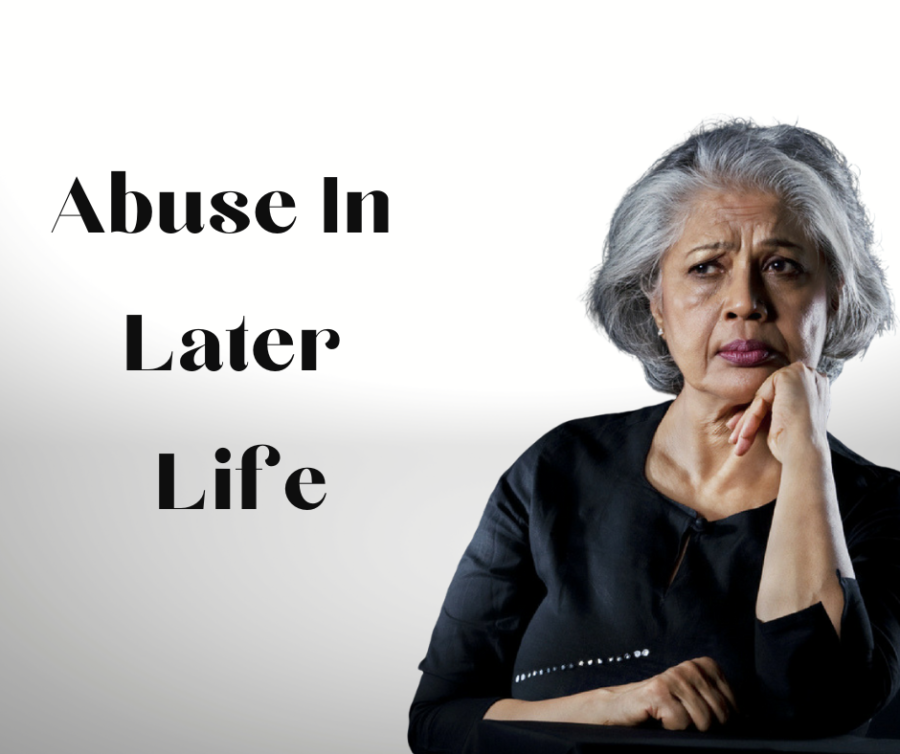

Abuse in Later Life is a segment of Elder Abuse that focuses specifically on those cases where the abuse is perpetrated by someone in an ongoing relationship with the victim. It can take place in any setting (e.g., a house, apartment, residential health care setting, a doctor’s office, religious institution, or in a public place, such as at work). Most often, it occurs where the victim resides. Abuse can include Physical Abuse, Psychological Abuse, Sexual Abuse, Stalking, Financial Abuse, and/or Neglect. Older women are more likely to be abused, but the CDC reports physical abuse among senior men has increased over 75% over the last 20 years.
Addressing abuse later in life is a complex matter. Studies have shown that 1 in 10 Americans over the age of 60 have experienced some form of elder abuse, but only 1 in 14 cases are ever reported to the authorities. Reasons behind the low reporting include the dependence on the family member for care, fear of being displaced from their home, the culture of the silent generation, and simply not knowing where to turn for help.
Help is available through local domestic violence centers and Adult Protective Services. Anyone can report suspected abuse to Adult Protective Services in their state. Once notified, the agency will investigate the case and address any immediate needs for food, shelter, and law enforcement protection. Domestic violence programs also provide services including temporary shelter, safety planning, and providing education and resources.
Providing culturally specific services to older survivors often requires focusing on advocacy beyond leaving. The survivor may not be willing to leave the debt-free family home, or church and community friends to start over at this stage of life. The abuser may be children or grandchildren who the survivor loves unconditionally; and because the survivors are wanting the violence to end but not the relationship, victim advocates work with survivors to identify and establish safety barriers.
Additional challenges may exist for individuals ages 50-62 when needing additional economic support because they are too young for senior services, and often don’t have children under 18 to qualify for family benefits. They are often still employed but have employment issues due to domestic violence issues. Given the complexity of abuse in later life, collaboration with the aging services network, adult protective services, health care providers, and others is often essential. Domestic violence programs in Mississippi are dedicated to providing culturally responsive services to all survivors of domestic violence and abuse in later life.



